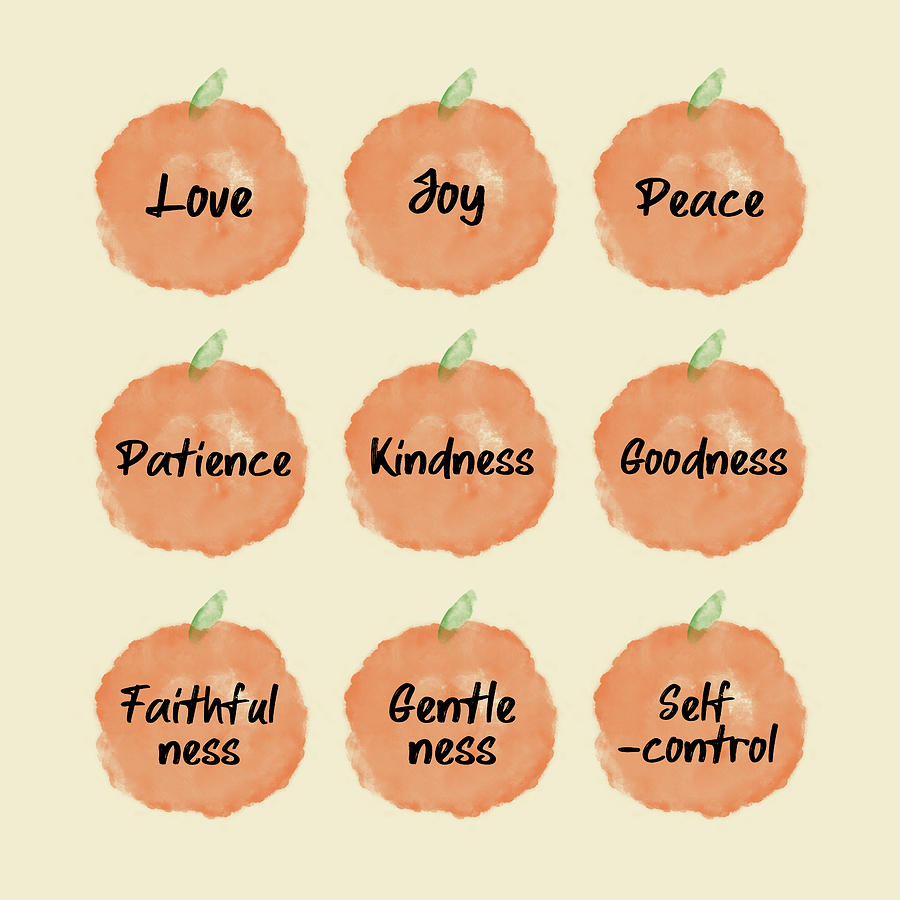
"God, who needs nothing, loves into existence holy superfluous creatures in order that he may love and perfect them" (C.S. God's love is expressed in sacrificial giving, since He is the Source and reason for all that exists. "For God so loved the world that He gave." ( John 3:16). Love is the Source from which all the other virtues flow and is their underlying reason: "I live by faith in God the Son, who loved me and gave Himself for me." ( Gal. "Owe no one anything, except to love each other, for the one who loves another has fulfilled the law ( Rom. 6:4-6), and the apostle later states that the practice of love is the fulfillment of the Torah: "For the whole law is fulfilled in one word: "You shall love your neighbor as yourself" ( Gal. love the LORD your God with all your being" ( Deut. After all, loving God is the primary obligation of life: "Hear, O Israel. The Greek word Paul uses is agape (ἀγάπη), which is one of the most frequently occurring words in his vocabulary of the Christian life. Of course love is the "first fruit" of the Spirit, and rightly so, since "God is love" ( 1 John 4:8) and the mark of the follower of Yeshua is likewise be love ( John 13:35).

Notice that while there is "one fruit" of the Spirit (i.e., "fruit" is singular), God produces a manifold yield, just as the Tree of Life ( עֵץ הַחַיִּים) produces twelve different kinds of fruit, one for each month of the Jewish year (see Rev. Regarding the middot ha-lev (qualities of heart) that are to mark the follower of Yeshua, the Apostle Paul wrote, "the fruit of the Spirit ( פְּרִי הָרוּחַ) is love, joy, peace long-suffering, generosity, acts of kindness faithfulness, humility, and modesty – against such there is no Torah" ( Gal.

5:22-23)įurther Thoughts on Shavuot and Tu B'Shevat.

Tu B'Shevat - The Fruit of the Spirit (Gal.


 0 kommentar(er)
0 kommentar(er)
